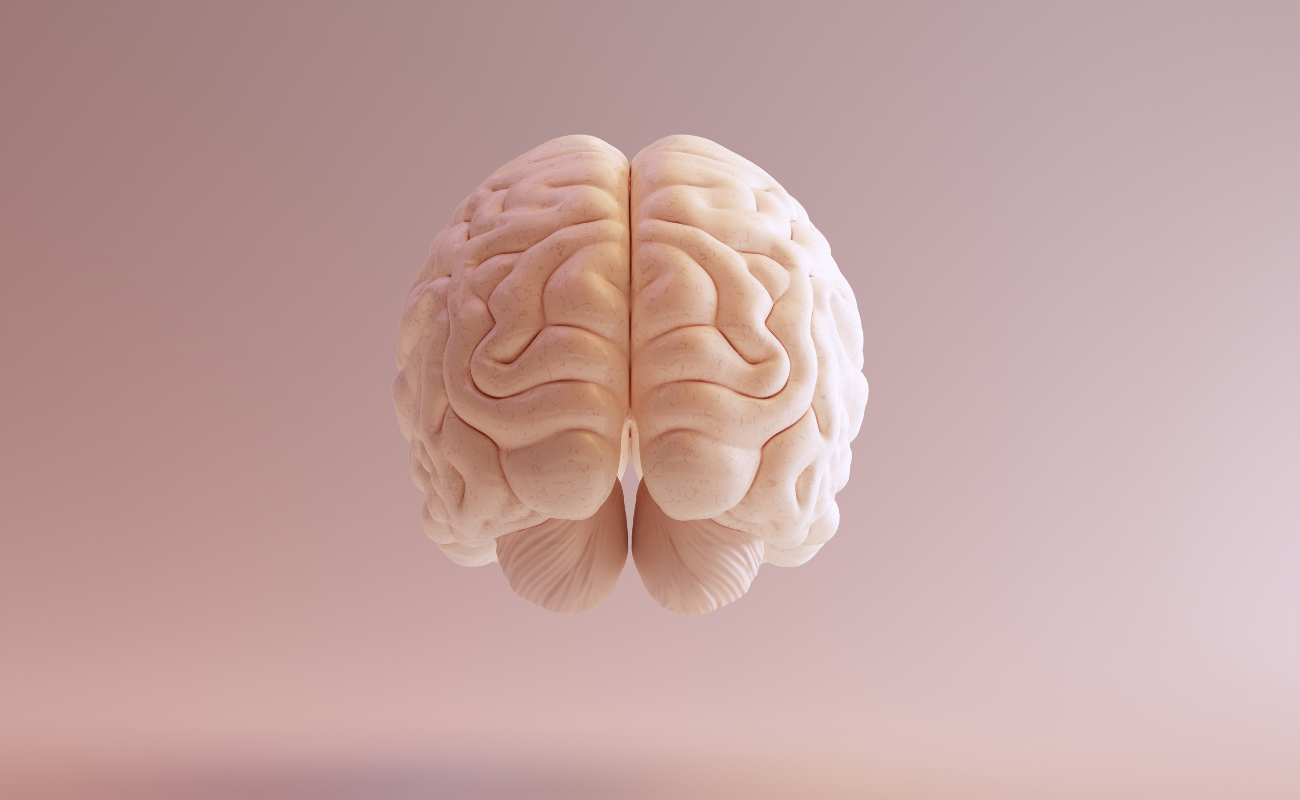 Many neuroscientists believe the human brain is a ‘predictive machine’.
Many neuroscientists believe the human brain is a ‘predictive machine’.
Our brains are constantly predicting the future, from the short-term predictions needed to catch a flying ball, to the longer-term predictions that allow us to plan for retirement. We can even experience surprise when our predictions are wrong.
A current popular theory is that the human brain is a predictive machine, which minimises the energy it expends by being minimally responsive to predicted inputs. So, if the events you encounter are as expected by your brain, your brain would conserve energy by not being very responsive to that input, saving its resources for surprising events. This idea was encouraged by many studies, showing that measures of brain activity can be exaggerated for inputs that are surprising because they break a chain of repetition.
New research led by UQ neuroscientist Blake Saurels suggests relationships between predictions and human brain activity might be more complicated than has been appreciated. The research team confirmed previous findings, regarded as evidence that the human brain is more responsive to inputs that are surprising because they break a chain of repetition. However, the authors also made a new discovery, that these patterns of brain activity could be reversed if, instead of using repetition to encourage anticipation, people were instead asked to guess what would happen (if a red or green object would be presented). Now measures of brain activity were exaggerated for inputs that were guessed correctly.
 The study shows that brain responses to predicted inputs depend on how and why an expectation was formed. Sometimes measures of brain activity will be exaggerated for unpredicted inputs, and sometimes they will be smaller.
The study shows that brain responses to predicted inputs depend on how and why an expectation was formed. Sometimes measures of brain activity will be exaggerated for unpredicted inputs, and sometimes they will be smaller.
So, are our brains more or less responsive to unpredicted events? The answer is we don’t really know. We now know measures of brain activity can be both exaggerated and reduced for unpredicted events – depending on why the event was predicted (guessed at, or expected due to repetition). But it is not clear how these measures of brain activity, that are used to quantify prediction effects in the brain, actually relate to the total energy expended by the brain in relation to a predicted or an unpredicted event.
What is clear is that if we want to fully understand relationships between brain activity and predictions, we will need to consider more than one type of prediction.
 Professor Derek Arnold is a psychologist and neuroscientist in UQ's School of Psychology. Professor Arnold’s research focusses on temporal perception, including how our brains estimate the passage of time, determine event order, and anticipate the future. He is also interested in how our brains determine if our perceptual decisions have probably been correct, or wrong.
Professor Derek Arnold is a psychologist and neuroscientist in UQ's School of Psychology. Professor Arnold’s research focusses on temporal perception, including how our brains estimate the passage of time, determine event order, and anticipate the future. He is also interested in how our brains determine if our perceptual decisions have probably been correct, or wrong.



